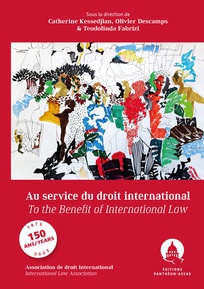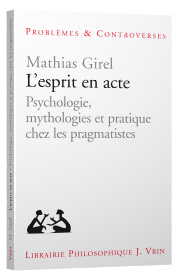Draft of a lecture given at the Peirce Lowell Conference, 2014, under revision for publication (c)
Introduction
In spite of all the inspiring readings of Peirce’s Illustrations, and we have plenty of them, from Douglas Anderson to Tom Short, Vincent Colapietro and others, two problems about the a priori method, believing what pleases reason, seem to be still pending: (1) the method differs dramatically, from one version to another, and these variations suggest that it would be careless to think that Peirce’s “list” of methods in the Illustrations is confined to the “four”, or to only four, methods for the settlement of belief. The function of this method is clearly delimited in a negative way: it consists entirely in the desire that beliefs are fixed neither by individual whims nor by that of the State, but that still leaves a full register of methods, which overlap without being identical. I’ll study three of them here. (2) One can wonder whether it is a method for the fixation of beliefs or a mere method for elucidating beliefs that owe nothing to this method to be deeply rooted in us. Is the method useful for telling which beliefs can be retained because they please reason or for revealing what pleases reason? Continuer de lire « How many a priori methods? Still Another look at Fixation of Belief »




